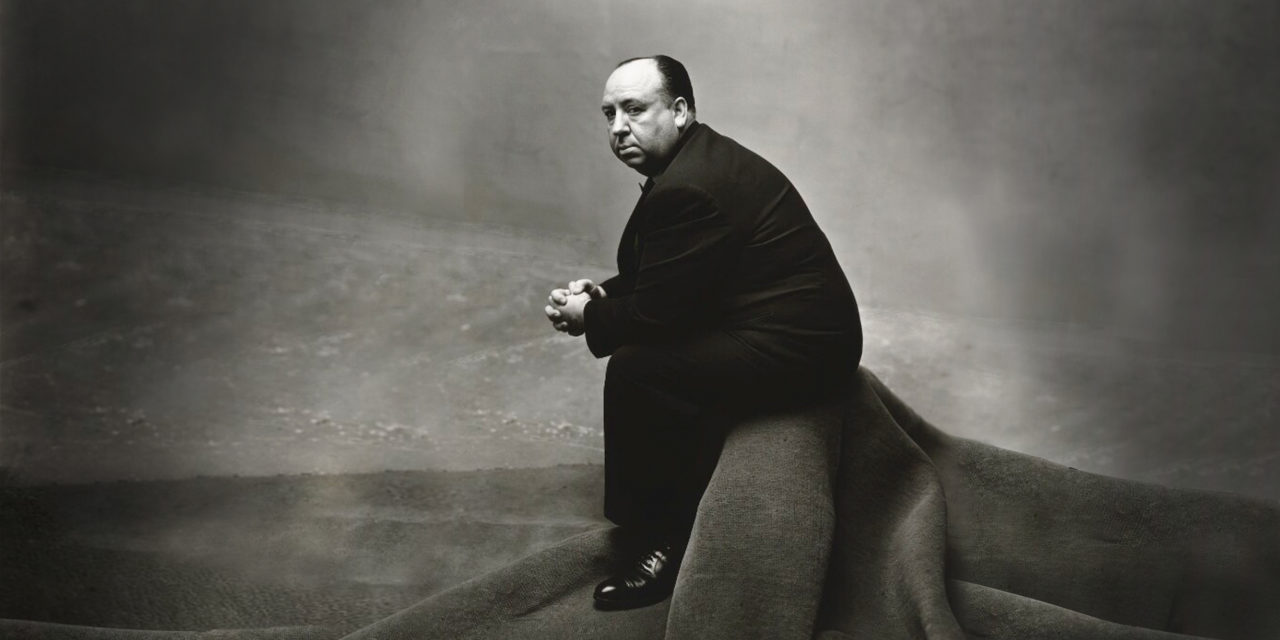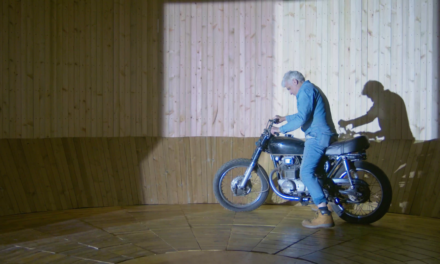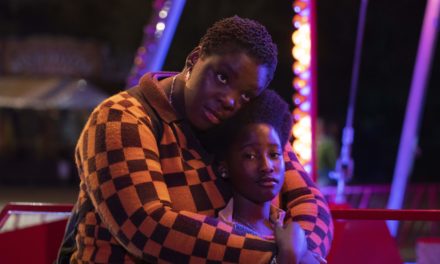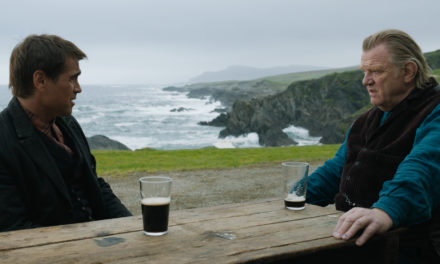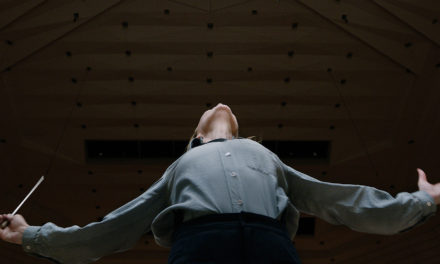During a brief stint of unemployment last year I would end up, unsurprisingly, watching a lot of afternoon television. Between ‘Portrait Artist Of The Year’ and reruns of ‘Columbo’ I would often look forward to Sky Arts programming at 5 o’clock, two back-to-back episodes of ‘Alfred Hitchcock Presents’. The show itself is incredibly hit and miss but it wasn’t so much the episodes themselves that I looked forward to but the infamous intros and outros by the titular Hitch.
There is something immediately comforting in Alfred Hitchcocks on-screen presence. An austere insincerity that feels like catching up with an old relative who so happens to be obsessed with the macabre. There is perhaps no other filmmakers who’s personality is tied so synonymously to his work. His dry witty geezerishness almost overshadows his widely eclectic mastery of the camera. Documentarian Mark Cousins combines these two facets, his personality and his art, to create one of the strangest biographies of a filmmaker I have ever seen.
Cousins does so by enlisting the help of impressionist Alistair McGowan to narrate the film, as Alfred Hitchcock. McGowan, in the rumbling narcoleptic baritone of Hitchcock, discusses his films in lively detail, commenting on themes and filmmaking devices hidden under the surface of his work. At best the film functions as a posthumous masterclass, revealing tricks and inside baseball workings of the breadth of Hitchcocks’ filmography. The film even touches on some of his lesser known work and as a big Notorious fan I was happy for it to get an in depth look. At worst, the film plays like an uncanny half thought-out skit. Perhaps the cardinal sin of ‘My Name Is Alfred Hitchcock’ lies in its presentation. For a filmmaker who is known for the thought out sleek visuality of his products Cousins replication leaves a lot to be desired, particularly the Saul Bass inspired credits that can only be referred to as shoddy.
“At best the film functions as a posthumous masterclass, revealing tricks and inside baseball workings of the breadth of Hitchcocks’ filmography.”
The biographical element of Hitchcocks life through his eyes, or rather Cousins envisioned eyes, plays as a sort of ‘F for Fake’ homage in which the accuracy is suppose to be constantly questioned. Through the duration of the film I was wondering how he would tackle the rather nastier aspects of Hitchcocks documented reality. His fraught relationship with female actresses and his infamous, if slightly misquoted, idea of actors as ‘cattle’. This, however, never comes up.
There have been countless films and books on Hitchcock. His legacy is one of reverence yet somehow simultaneously undervalued in how truly boundary pushing and varied his work was. Forever canonised by the French New Wave critics in Cahiers du Cinéma, he is the image of commerce and art colliding effervescently. However, Cousins is able to approach Hitchcocks work from a fresh angle through his bizarre narrative framing, one which I wonder if Mr. Hitchcock would have admired or loathed. Perhaps a little of both. Goodnight.

